This is the second and final installment of my May 5, 1985 Daily Press article about the tornado which destroyed Peggs, Oklahoma on May 2, 1920.
In 1920, Walter Neel lived with his parents, brothers and sisters on the Gid Morgan farm, two and a fourth miles southeast of Peggs. The storm went a mile north of their home.
“I heard Dad say there had been a bad hail storm north of us,” Neel wrote in his account of the tornado. “It sounded like a freight train roaring. Something hit our house that sounded like rocks. It was rocks from the storm. Our phone was in my room. It kept ringing. It wasn’t our ring but I thought that something was wrong so I got up and listened. It was someone trying to get through to Tahlequah, trying to get help. They needed doctors and nurses and help of all kinds. I went back to the pasture and got some horses and we went to Peggs. It was awful hard to get there, there was so much stuff in the road. You just had to pick your way. We finally got there. It was worse than I expected.”
Walter Neel and his family were some of the many who worked long hours to care for the wounded and dead. Neel helped as much as he could in town then he went to New Home Cemetery. “I went to help dig graves. We commenced at 10 o’clock in the morning and worked until 2 the next morning.”
“The next day after the storm, there were pictures floating down in our field,” said Neel. “they had been blown so high, it took them that long to get back down. They found the school records in Prairie Grove, Arkansas. The area of destruction was six miles long and half a mile wide.”
Emma Killebrew was a young woman living with her parents at Gideon, seven miles southeast of Peggs. She recalls the oppressive heat of that ill-fated Sunday. “Papa said that there was a tornado somewhere. We could hear it. We went to Peggs the next morning in a wagon. It was awful. Buildings and trees were all over. Materials from the stores were hanging from trees.”
Willie Littlefield Cearley was teaching in Hulbert in the spring of 1920. She had boarded the train in Tahlequah to go back to Hulbert about eight o’clock Sunday night, May 2.
“I could see the big thunderhead in the northwest from the train window,” said Mrs. Cearley. “I thought the lightning was the most wicked I had ever seen in my life.”
Mrs. Cearley didn’t know of the destructiveness of the storm until Monday morning. “Joe Yarborough lived in the north part of Peggs,” explained Mrs. Cearley. “He went to Locust Grove to a phone. It was about two Monday morning before they could get help in. It was seven o’clock that morning before I knew about it. Then later that same morning, the superintendent of my school told me my grandfather had been killed in the storm. So had several of my aunts and cousins.”
Upon seeing the ruined town, Mrs. Cearley said, “Such destruction you can’t imagine. My grandfather had gotten up to close the door. He and a grandson staying with him were killed. Two other grandsons were spared. One had crawled with his little dog into a straw mattress. He wasn’t even injured.”
“Another thing I remember,” Mrs. Cearley said, “is the wind was so fierce that it blew the surface mud into the bark of trees. It hardened like concrete and stayed there for years.”
Renus Warren told of the Stephens family which was completely wiped out except for the father and one son, by the storm.
“Mr. Stephens had been away from home and had spent Sunday night at a motel in Muskogee,” said Renus. “When he came down to breakfast, someone asked if he had seen the paper, that Peggs had been blown away and one whole family killed. This was how Mr. Stephens learned of his family’s fate. He had to take the train to Hulbert where his horse and buggy were in the wagon yard. From there, he came on to Peggs.”
Once the tragedy was known, help began arriving. The Henryetta Daily Freelance reported, “A special train carrying physicians and nurses and hospital equipment left Muskogee for Peggs this morning. All doctors and nurses from Tahlequah have gone to the scene.”
“All stores and professional offices in Tahlequah, County seat of Cherokee County, were closed today and several hundred persons have gone to the storm-swept area to do rescue work.”
Nell Woodard recalls that she went to the hospital on Seminary to help Miss Edna Holland with storm victims. As she mopped under a man’s bed, she remarked that she had always heard it was bad luck to mop under a person’s bed. “No,” he replied, “I’ve already had my bad luck.”
Many people remember strange events that happened at this time. A baby was born while the tornado demolished the house. The roof settled over the bed, leaving mother and child unharmed.
John Littlefield was killed and his home destroyed. But a hen which was sitting on her nest under a tub in the yard was untouched.
Del Robinson’s concrete store building was completely demolished. But the day after the storm, an alarm clock he kept atop a safe in the store was still running.
Although this killer wind wrecked homes and lives in Peggs 65 years ago, it is still fresh in the minds of those who witnessed its fearful power. Out of the wreckage, survivors have built new lives. The human spirit is something that even a tornado cannot destroy.
–Blanche Day Manos, May 5, 1985
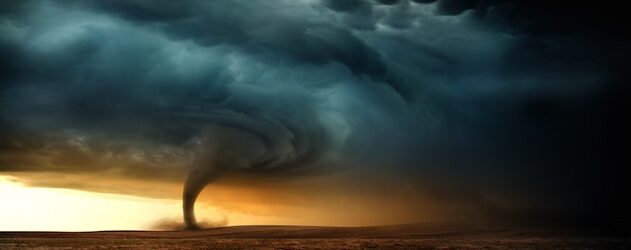
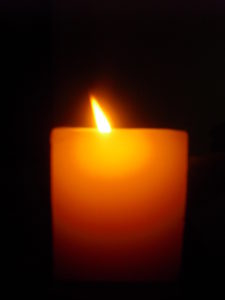
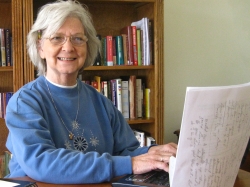
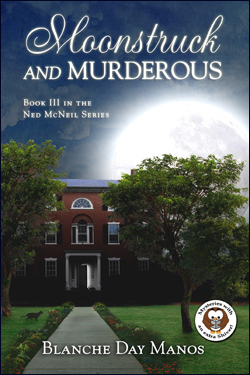
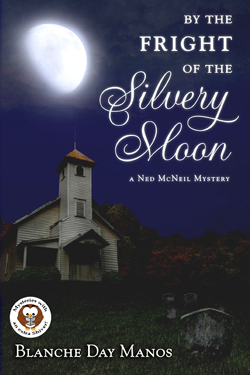
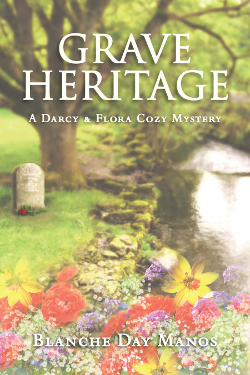
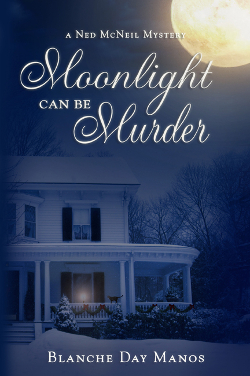
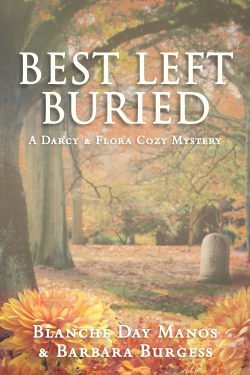
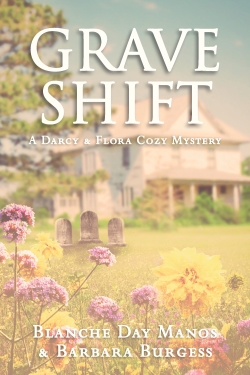
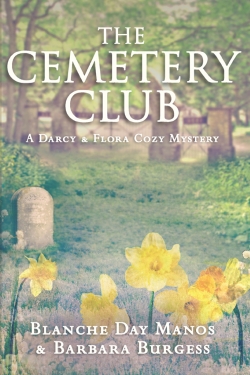
Speak Your Mind